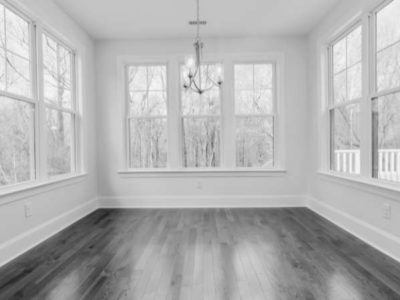The UK economy was in fitter form than expected before Omicron hit, with construction and manufacturing sectors flexing their muscles with a jump in activity.
Growth overall came in at 0.9% significantly higher than the forecast 0.4%. That pushed UK output to 0.7% above its pre-pandemic level, but it was the calm before the storm.
More recent data from the ONS indicates the new variant has been causing waves of turbulence for the services industry in particular.
Employee absence rates rose sharply at the end of December, with 3% of the workforce estimated to be on sick leave or not working because of Covid symptoms or quarantine, the highest figures since comparable estimates began in 2020 June.
The data also shows how Omicron, and the government guidance to scrap party plans badly affected the hospitality industry – with 44% of accommodation and food services firms reporting an increase in cancellations.
More hospitality firms in the sector are struggling with cash flow, given the sharply lower takings before Christmas.
54% of firms in the accommodation and food services industry said they had less than three months of cash reserves, up from 44% in early December.
There’s been an exodus of shoppers from the high street as sickness rates have intensified, with footfall falling 11% compared to the same week in 2019.
It seems people have been keen to avoid cramped stores and car parks, with footfall at retail parks holding up better, but still down 3% compared to pre-pandemic levels.
A Christmas splurge combined with the intensifying income squeeze may be forcing more consumers to tighten their belts, and delay unnecessary shopping trips.
But with Omicron expected to be a short sharp shock rather than a lingering malaise, this November snapshot is likely to be taken as more evidence that once infection rates subside the economy will be in good enough shape to withstand further interest rate rises, to keep a lid on soaring inflation.
However, there are also indications that supply chain snarl ups may have eased, with car output rising and construction materials reportedly easier to source, which could help limit the rise in prices to some extent.






















Comments